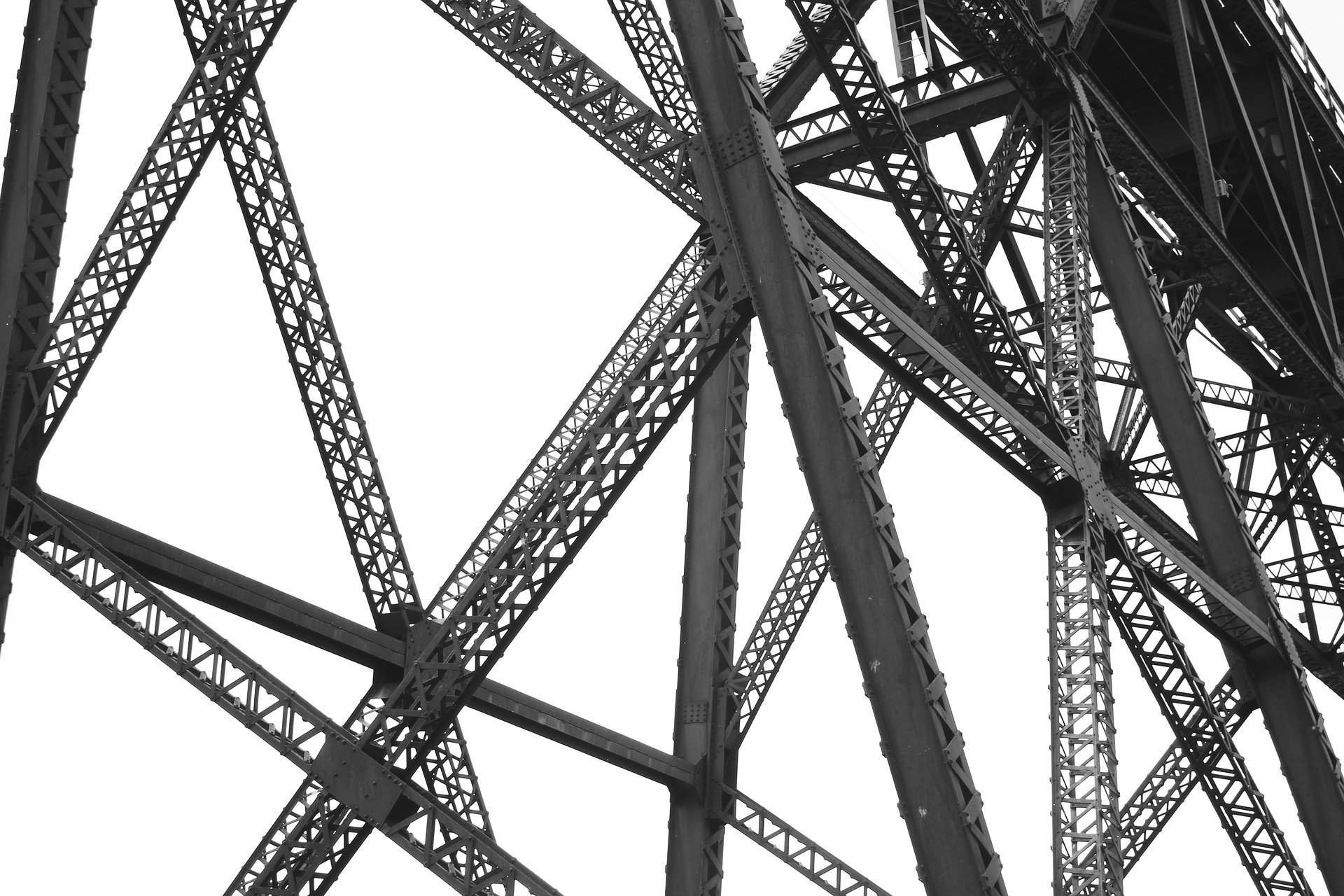Discover what makes structural steel safe and reliable for heavy loads, fire resistance, and long-term durability in construction projects. Learn more today!
Built to Handle Heavy Loads
Structural steel's strength-to-weight ratio is exceptionally high, meaning it can support large amounts of weight without requiring excessive bulk. This characteristic is essential for bridges, industrial buildings, warehouses, and high-rise structures, where load-bearing capacity is crucial.
Unlike brittle materials that can crack under pressure, steel bends slightly under heavy loads, allowing it to absorb the weight without breaking. This flexibility makes structural steel the ideal choice for warehouses with moving equipment or buildings that are exposed to strong winds or earthquakes.
Structural steel is manufactured under controlled conditions, allowing engineers to precisely calculate its load capacity and safety margin. This predictability enhances the structure's safety and reduces the risk of the steel breaking during or after construction.
Fire and Weather Resistance
Structural steel’s fire and weather resistance make it one of the safest and most reliable materials in the construction industry. In terms of fire resistance, structural steel doesn't burn, spread flames, or release smoke.
While its strength can be affected at high temperatures, this can be easily managed through the use of intumescent coatings and fire-resistant boarding. These treatments allow the steel to maintain its structural integrity during a fire for longer and give occupants more time to evacuate.

Rain, snow, wind, and humidity can damage less resilient materials like wood or untreated metal over time. However, structural steel, when it's properly galvanised or coated, resists corrosion, rust, and moisture penetration.
This makes it perfect for outdoor structures like agricultural buildings, walkways, or industrial units that are constantly exposed to harsh weather.
Additionally, steel doesn't warp, swell, or crack due to temperature fluctuations, meaning that it maintains its shape and strength all year round. Structural steel can also resist damage from pests such as termites, which can often compromise other materials like timber.
Low Risk of Cracking or Rotting
Unlike timber or concrete, steel maintains its structural integrity over time and doesn't crack, even under stress or in harsh environments. Cracking is a common issue in materials like concrete, which can weaken over time and lead to expensive repairs.
Steel, on the other hand, is highly ductile, meaning it can bend slightly under pressure without breaking. This flexibility allows it to absorb and distribute weight more effectively and reduce the risk of structural failures.
Rotting is another common issue for materials like timber. Over time, moisture, pests, and fungal growth can cause the wood to decay, which weakens the building's overall strength and stability.
However, structural steel is inorganic and resistant to biological decay, meaning it doesn't rot, attract pests, or suffer from mould growth. Structural steel can also resist corrosion, making it ideal for agricultural buildings or basement extensions.
Since steel doesn’t crack, warp, or rot, it needs less maintenance. This is especially beneficial for buildings in remote areas, since regular maintenance can be difficult or expensive.
Easy to Inspect and Maintain
Structural steel is extremely valuable in construction since it's easy to inspect and maintain. These qualities make steel an ideal material for a range of projects, from residential extensions to industrial buildings, bridges and more.

Unlike materials like concrete or timber, which can hide internal damage or deterioration, structural steel allows inspectors to quickly identify any signs of wear and tear, corrosion, or stress.
This makes routine maintenance more efficient and accurate, since potential issues can be caught early on.
Additionally, modern steel structures are often designed using modular components, which means that the individual parts can be inspected, repaired, or replaced without impacting the entire structure. This makes routine maintenance more accurate and less disruptive.
We provide steel fabrication services that are customised to meet your project's specific needs. We aim to deliver strong, durable steel structures that you can rely on.

.jpg)
